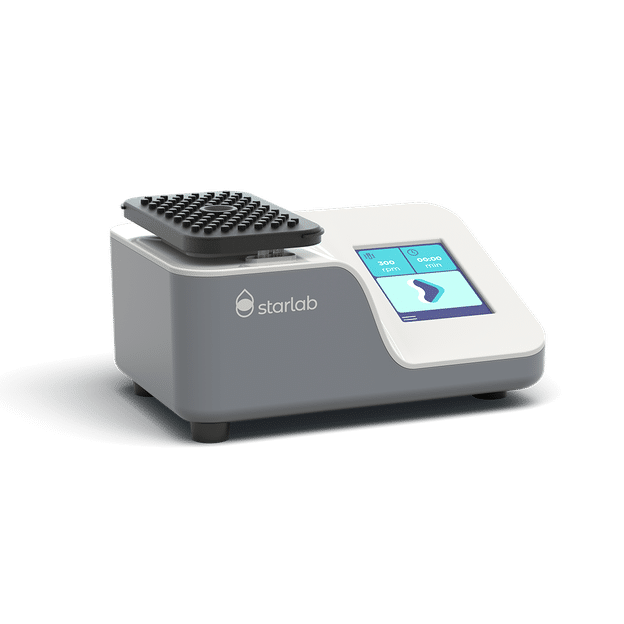New treatment for a rare form of encephalitis
Anti-NMDA receptor encephalitis is an inflammatory disease that affects the central nervous system. It is a rare autoimmune disease that results in the body producing antibodies against the NMDA receptor, a protein that plays an important role in signal transduction in the brain. Using a new treatment regimen, researchers from Charité - Universitätsmedizin Berlin and the German Center for Neurodegenerative Diseases (DZNE) have recorded significant progress in treating the disease, including in patients who did not previously respond to treatment.
Anti-NMDA receptor encephalitis is a serious autoimmune disease. It is characterized by an inflammation of the brain, which can result in neurological and psychiatric symptoms, including psychoses, epileptic seizures and movement disorders. Standard treatments currently available are often either inadequate or ineffective in patients with severe forms of the disease. This treatment resistance may be caused by certain anti-NMDA receptor antibody-producing plasma cells that remain inaccessible to current immunotherapies.
In a study led by Dr. Franziska Scheibe and Prof. Dr. Andreas Meisel from the Department of Neurology and the NeuroCure Cluster of Excellence, Charité-based researchers recorded outcomes obtained using a new treatment regimen. In addition to standard treatment, patients received bortezomib, a drug known as proteasome inhibitor that has proven successful in treating patients with plasmacytoma, a specific type of blood cancer. Proteasomes play an important role in the degradation of proteins that regulate the cell cycle, thereby regulating cell growth. Given their high rates of protein synthesis, antibody-producing plasma cells display particularly high levels of metabolic activity. This renders them as sensitive to the effects of the drug as cancer cells, and results in their death.
In their study of five patients, the researchers were able to show for the first time that bortezomib treatment quickly resulted in clinical improvements in patients with severe forms of the disease. Treatment was also associated with a decline in the antibodies responsible for the disease. "'Bortezomib is capable of treating the causes of the disease by eliminating plasma cells. This makes it a valuable new treatment option in cases of anti-NMDA receptor encephalitis that have so far proven resistant to treatment," explains Franziska Scheibe, the study's first author. Future studies will focus on developing biomarkers capable of making early predictions on whether patients will develop a severe form of the disease. This should then allow physicians to initiate specific treatments early. "As is the case with all other treatments currently used in patients with this disease, our results need to be confirmed by randomized trials" notes Prof. Andreas Meisel.
Original publication
Most read news
Original publication
Franziska Scheibe, Harald Prüss, Annerose M. Mengel, Siegfried Kohler, Astrid Nümann, Martin Köhnlein, Klemens Ruprecht, Tobias Alexander, Falk Hiepe, Andreas Meisel; "Bortezomib for treatment of therapy-refractory anti-NMDA-receptor encephalitis"; Neurology; 2016
Topics
Organizations
Other news from the department science

Get the life science industry in your inbox
By submitting this form you agree that LUMITOS AG will send you the newsletter(s) selected above by email. Your data will not be passed on to third parties. Your data will be stored and processed in accordance with our data protection regulations. LUMITOS may contact you by email for the purpose of advertising or market and opinion surveys. You can revoke your consent at any time without giving reasons to LUMITOS AG, Ernst-Augustin-Str. 2, 12489 Berlin, Germany or by e-mail at revoke@lumitos.com with effect for the future. In addition, each email contains a link to unsubscribe from the corresponding newsletter.
Most read news
More news from our other portals
Last viewed contents

PyroScience GmbH - Aachen, Germany
Evotec and Celgene enter into strategic oncology partnership
Epoetin_alfa
Homeobox_protein_NANOG
A protein that protects against Alzheimer's?






















































